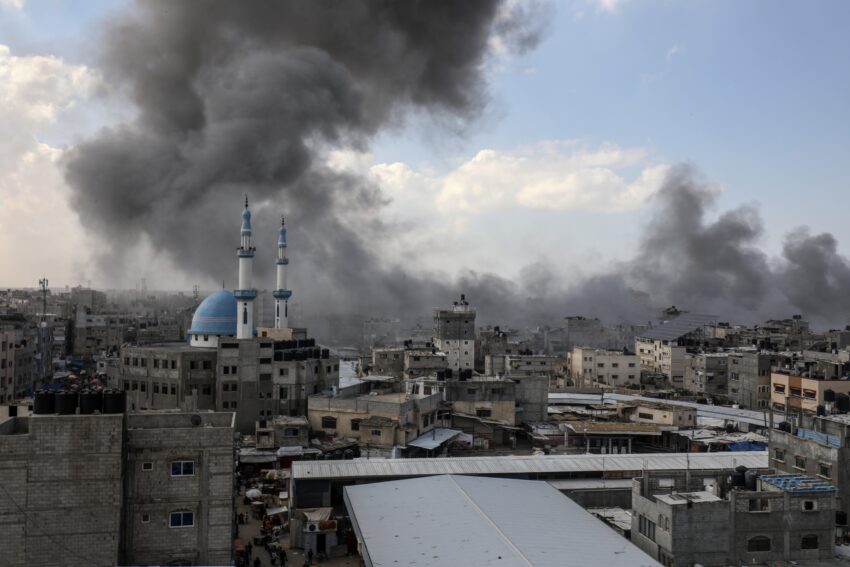The Israeli Hadassah Medical Center may soon withdraw its operations from Russia as political tensions between Moscow and the West intensify.
If media reports are confirmed, this would mark the departure of one of the few foreign healthcare institutions still operating in the country.
Hadassah medical organization, founded in 1934, runs two major hospitals in Jerusalem, in Ein Karem and Mount Scopus, alongside several medical schools affiliated with the Hebrew University of Jerusalem. The center, recognized as one of the leading global healthcare institutions, employs over 5,000 professionals and treats more than a million patients annually.
In 2018, Hadassah launched its Moscow clinic – Hadassah Medical Moscow – backed by a $15 million investment, aiming to deliver advanced treatments under the supervision of Israeli specialists. The facility followed international medical protocols and used pharmaceuticals not yet approved in Russia. However, the situation has changed as geopolitical tensions have intensified.
A pivotal moment came when a stake in the clinic was acquired by an entity with ties to Rosatom, Russia’s state-owned nuclear energy corporation. Since then, the number of Israeli medical personnel has dwindled, and the clinic’s reputation for offering world-class care has deteriorated. Calls for its closure have grown louder in Israeli media, particularly after reports surfaced that a Hamas militant received treatment in Hadassah Medical Moscow, a move in violation of Israel’s Ministry of Health’s policy.
Israeli officials are also voicing concerns over Rosatom’s influence on Hadassah Medical Moscow. Sources within Israel’s political circles suggest that Hadassah’s continued presence in Russia could be viewed as a “betrayal of Israeli-Western values.”
As the relationship between Russia and Israel continues to deteriorate, it seems increasingly likely that Hadassah Medical Moscow will scale back or cease its operations. Such a move could exacerbate existing challenges in Russia’s healthcare sector, which has struggled with shortages of medicines due to sanctions, forcing the country to seek alternative suppliers, such as India.
Hadassah’s exit would further underscore the growing isolation of Russia’s medical industry from global standards amid the country’s escalating geopolitical conflicts.

